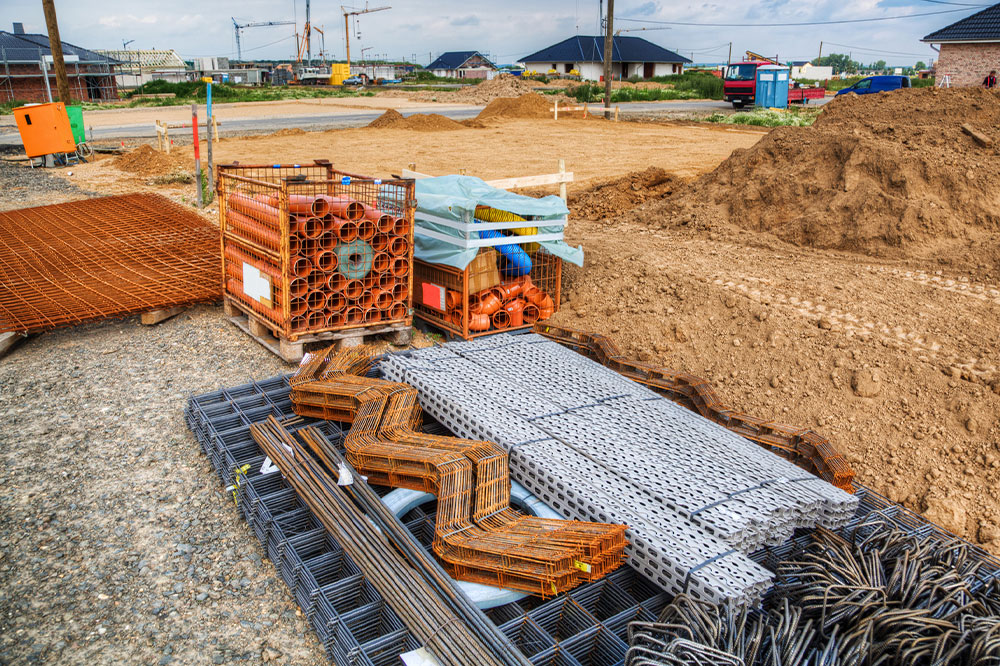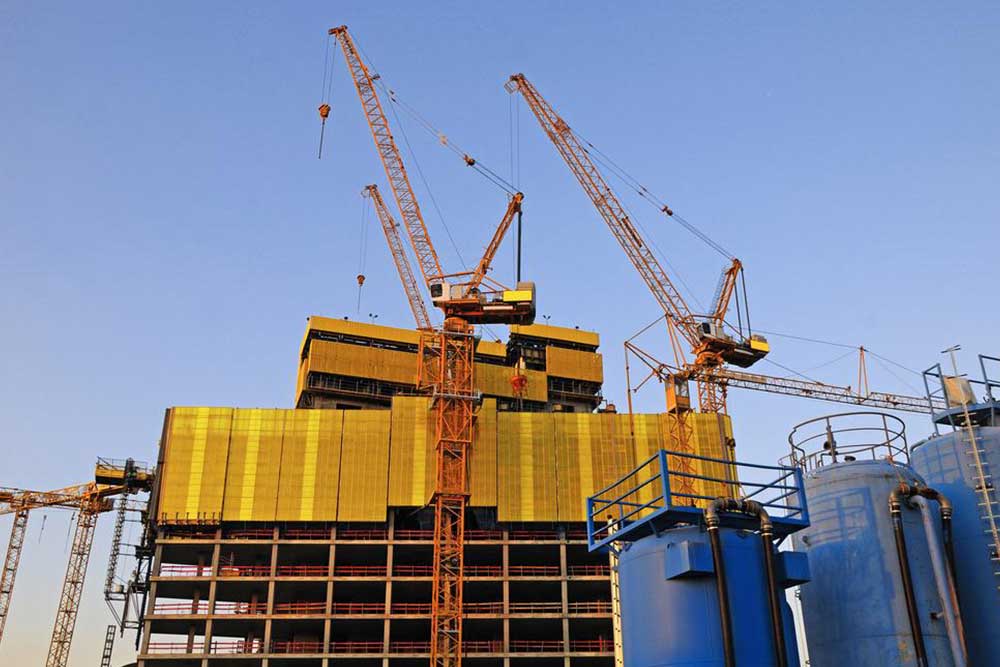Ultimate Guide to Construction Management Education and Careers
Discover comprehensive insights into construction management education, including key skills, degree costs, certification pathways, and career prospects. This guide streamlines how to start and advance in the construction industry, emphasizing practical training and industry demand.

Ultimate Guide to Construction Management Education and Careers
Construction project supervision is a specialized field encompassing planning, budgeting, coordination, surveying, and overseeing the entire construction process. These projects range from residential buildings and commercial structures to infrastructure like roads and bridges. Aspiring construction managers need to complete relevant coursework and gain practical experience. This guide explores the core courses, costs, salary prospects, certifications, and steps to enter the profession.
What skills do construction management programs provide?
Students learn to handle multiple roles, including budgeting, contract management, safety protocols, and quality assurance, preparing them for real-world responsibilities.
Key skills gained include:
Budgeting and Cost Control
Estimating expenses, monitoring budgets, and adjusting plans to control costs.
Contract Negotiation and Administration
Drafting, managing, and executing contracts, sourcing materials, and managing payments.
Safety and Regulatory Compliance
Enforcing health and safety standards, maintaining documentation, and implementing regulations for accident prevention.
Construction managers also oversee the interpretation of blueprints, coordinate with architects and engineers, ensure compliance with building codes, and meet project deadlines and budgets. These programs develop skills in project planning, communication, problem-solving, and critical analysis, essential for thriving in the industry.
To become a construction manager, most employers require at least a bachelor's degree in construction management, civil engineering, architecture, or related fields. Alternative pathways include degrees in construction science or engineering, which cover comparable core topics.
The cost of a formal construction management degree varies: a bachelor's typically ranges from $10,600 to $24,400, while master's programs may cost between $11,100 and $26,700. Many institutions offer online options, providing flexible learning opportunities for aspiring professionals.
Admission to bachelor's programs generally requires a high school diploma, SAT or ACT scores, and application materials; prior construction experience can be advantageous.
Graduates can expect competitive salaries: construction superintendents earn approximately $93,200, project managers around $87,400, and managers about $86,300 annually. Salaries depend on experience, location, and qualifications.
Additional industry certifications such as CCM, LEED, OSHA HST, or CPC bolster career prospects and expertise. The demand for construction managers is projected to grow by 11% from 2020 to 2030, making this a promising career path for skilled professionals.
Note:
Our platform offers broad industry insights and practical information. While our research aims to be comprehensive, readers should verify specifics independently. We are not responsible for data discrepancies or inaccuracies from other sources. Additionally, some programs or incentives we mention might differ from available options in specific regions.









